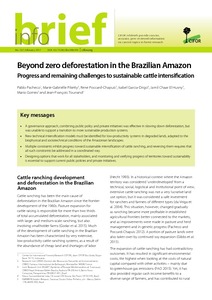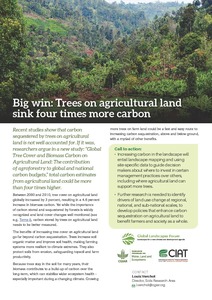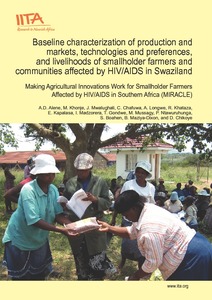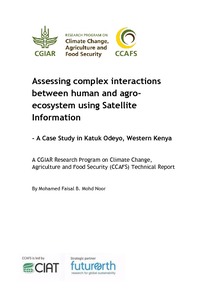Can current land and water governance systems promote sustainable and equitable large-scale agricultural investments in sub-Saharan Africa?
Ever since the oil, financial and food crises of 2008, sub-Saharan Africa has witnessed a marked increase in large-scale investment in agricultural land. The drivers of this investment are varied and include growing food, water and energy insecurity as well as social and economic interests of investors and recipient countries. The shape of these investments and their eventual outcomes are equally influenced by the existing land and water governance systems in the host countries.







